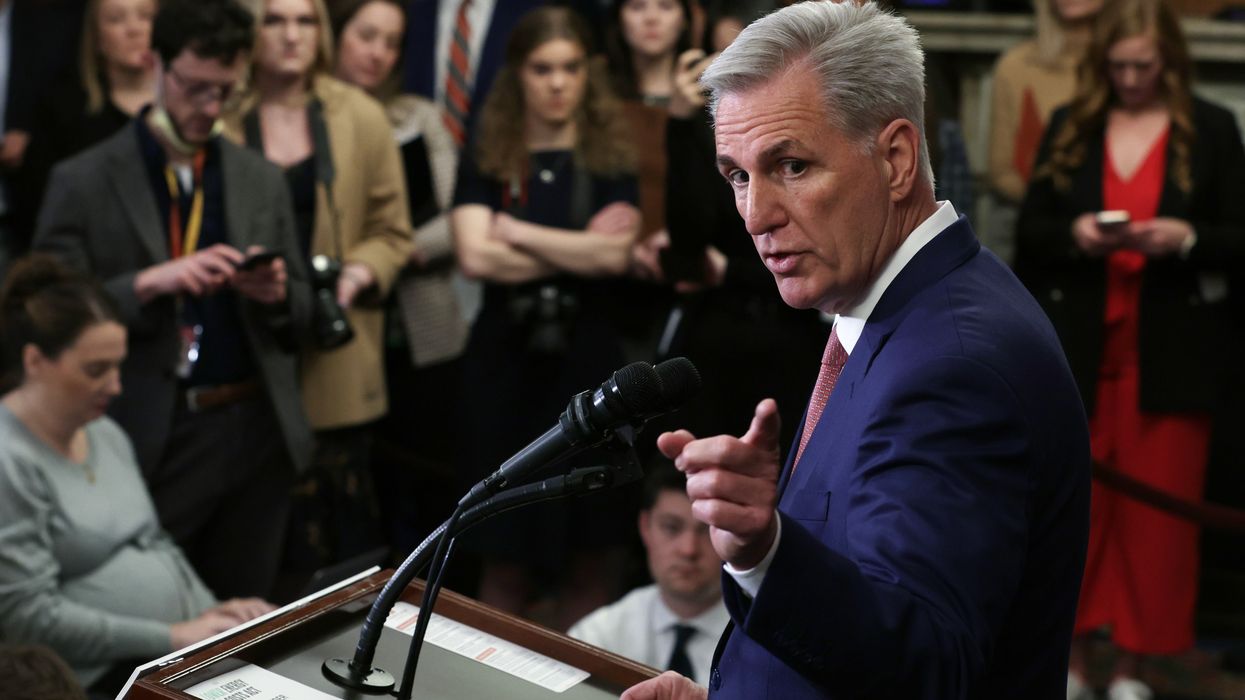How Luxury Real-Estate Can Have Redeeming Social Value for the Rest of Us
Some 17 local governments, the Washington, D.C.-based Institute on Taxation and Economic Policy (ITEP) details in a just-released report, are now levying a “mansion tax” on the sale of high-end residential properties.
Back in 1928, the bold and brassy mobster Al Capone spent $40,000—about $851,000 in today’s dollars—on “a stately Spanish Colonial-style villa” that sat on an isle right off Miami’s coast.
Local historic preservationists would end up cherishing that villa for years after Capone’s 1947 passing. They apparently didn’t cherish it enough. The property’s current corporate owner demolished Capone’s villa last summer and now has the empty lot on sale for $23.9 million.
Meanwhile, in nearby Miami Beach, deep pockets are buzzing about a $125-million “two duplex penthouse” that’s going to be topping a brand-new 15-story luxury tower. The co-developer on the project expects no problems selling off his tower’s 30 opulent abodes. And why should he? Luxury dwellings are selling quite nicely in America’s most fashionable rich people-friendly neighborhoods.
Proposals to either enact or expand mansion taxes have so far passed into law a remarkable 86% of the times they’ve appeared on local ballots.
Greater Miami—in 2023’s last quarter alone—saw its typical luxury-home sale price jump nearly 9% over the year before. In the heart of California’s Silicon Valley, last-quarter prices for luxury dwellings in 2023 rose 9.5% over 2022. The sellers of those dwellings pocketed a median $4,559,500 after having their homes on the market for just 15 days.
In New York City, luxury realtors are flashing even broader smiles. One Manhattan property sold for $75 million in 2023’s last quarter, with another topping $65 million and still another grabbing close to $50 million. Out west, Colorado’s Aspen registered two last-quarter sales in the nation’s top 10, one at $60 million and another at a mere $40 mil.
What do deep pockets spend their time doing once they’ve closed on one of these super deals? They start concentrating, The Wall Street Journal reports, on their closets. Today’s rich are hiring “closet designers” and then throwing “closet reveal” parties to share their favorite new storage spots with friends and family. One elite closet designer, Design Galleria CEO Matthew Quinn, has collected over $1 million “for a two-story closet” that features “both an elevator and a spray-tan booth.”
An outrageous display of out-of-control conspicuous consumption? Sure. But the proud owner of that manse with the two-story closet also figures to get that million-plus back—and then some—when that luxury abode goes back on the market. The demand for housing fit for billionaires is simply exploding. Four decades ago, the United States hosted just 13 billionaires. Now we have some 735.
Fabulous mansions, in other words, figure to be fetching top dollar deep into the foreseeable future. Could these sales possibly have any redeeming social value for the rest of us? A growing corps of progressive local lawmakers believe they most certainly could.
Some 17 local governments, the Washington, D.C.-based Institute on Taxation and Economic Policy (ITEP) details in a just-released report, are now levying a “mansion tax” on the sale of high-end residential properties. Most all of these levies have gone into effect since 2018.
The mansion sale levies enacted so far, ITEP researchers calculate, are currently raising “nearly $3 billion” in annual revenue. Big cities are collecting the bulk of that revenue. In New York, home to the original modern mansion tax, luxury home sales over $25 million face a special 4.58% tax. San Francisco’s top tax rate on over $25-million transactions sits at 6%.
Other cities are taxing mansion sales at more modest levels. The city in the heart of Silicon Valley, San Jose, subjects mansion sales over $10 million to a 1.5% tax.
Still other cities are looking overseas to nations like Denmark for their mansion tax inspiration. Local lawmakers in the District of Columbia, for instance, are considering a higher “new marginal tax bracket on homes worth more than $2 million.” Across most of the United States today, by contrast, “flat-rate” property taxes currently rule. The predictable result: Low- and middle-income homeowners pay a higher share of their income in property taxes than America’s most affluent.
Moves to change that reality, the new Institute on Taxation and Economic Policy Local Mansion Taxes report suggests, would be enormously popular. Proposals to either enact or expand mansion taxes have so far passed into law a remarkable 86% of the times they’ve appeared on local ballots.
But those appearances remain relatively rare. That could change. You could help change it. How best to begin that change effort? How about emailing your favorite local lawmakers a copy of ITEP’s fascinating new deep dive into what could become our mansion tax future.


